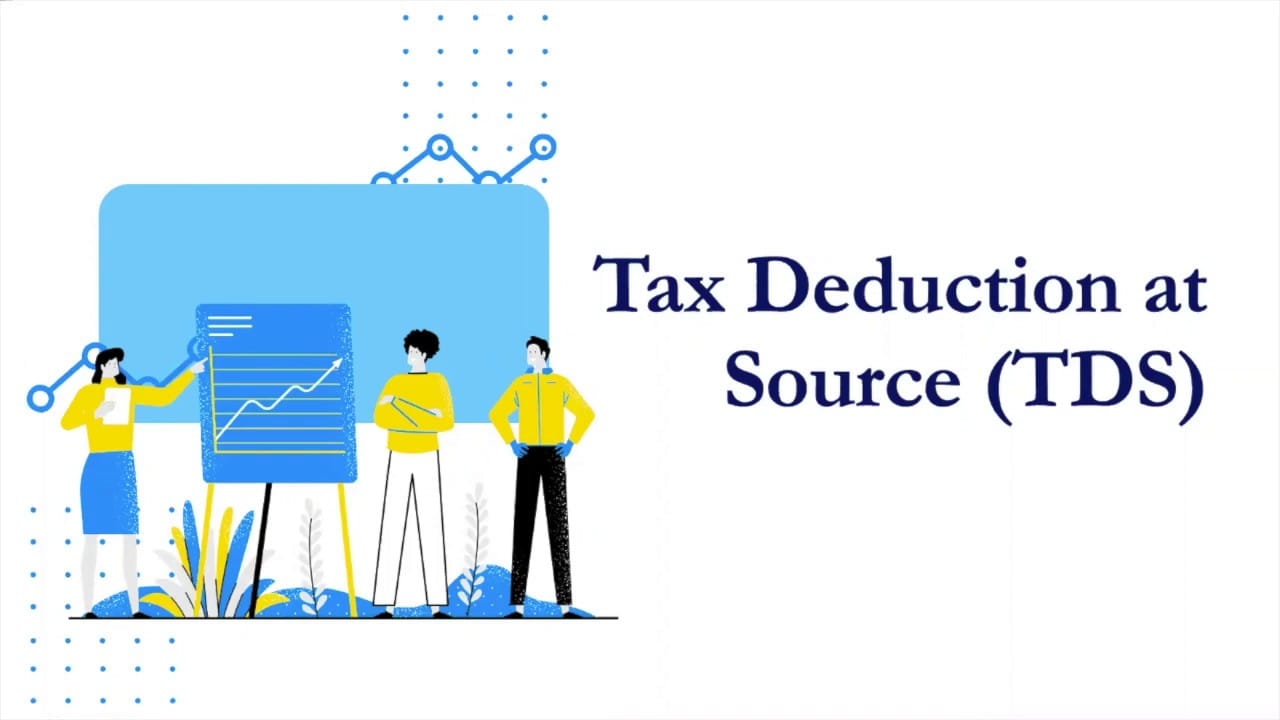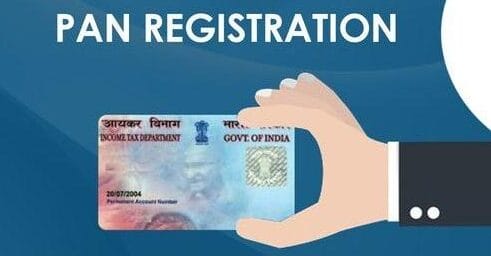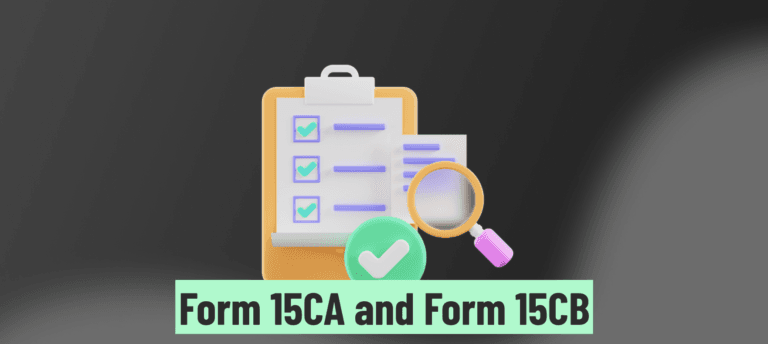TDS (Tax Deducted at Source) return filing is a crucial compliance requirement under the Indian Income Tax Act, 1961. It involves reporting details of TDS deducted and deposited to the government. Here’s a detailed guide on the TDS return filing process:
Types of TDS Returns
- Form 24Q: Quarterly TDS return for TDS deducted on salaries.
- Form 26Q: Quarterly TDS return for TDS deducted on payments other than salaries to residents.
- Form 27Q: Quarterly TDS return for TDS deducted on payments to non-residents (other than salary).
- Form 27EQ: Quarterly TDS return for TDS collected at source (TCS).
Applicability of TDS Return Filing
- Quarterly Filing: TDS returns must be filed quarterly by all deductors, whether TDS has been deposited or not.
- Nil Returns: Even if no TDS is deducted during a quarter, a Nil TDS return must be filed.
Steps for TDS Return Filing
- Prepare TDS Data: Gather details of TDS deducted and deposited during the quarter. Ensure accuracy and completeness of data.
- Login to TRACES: Access the TRACES (TDS Reconciliation Analysis and Correction Enabling System) website using valid credentials (TAN and password).
- Select Correct Form: Choose the appropriate form (24Q, 26Q, 27Q, or 27EQ) based on the nature of payments and deductees.
- Fill TDS Return: Enter TDS details including:
- Deductor (payer) and deductee (payee) information.
- Amount of TDS deducted and deposited.
- PAN details of deductees.
- Challan details (for TDS deposited).
- Validate and Verify: Validate the data entered to ensure accuracy. Verify the details against records and supporting documents.
- Generate TDS Return: Generate the TDS return file in the specified format (typically in .txt format) using the utility provided on the TRACES portal.
- File TDS Return: Upload the generated TDS return file on the TRACES portal. Ensure the file is uploaded correctly without errors.
- Submit Declaration: After uploading, submit a declaration confirming the accuracy of information provided in the TDS return.
- Acknowledgment: Upon successful submission, an acknowledgment receipt (Form 27A) containing a unique token number is generated. Download and save this acknowledgment for future reference.
Due Dates for TDS Return Filing
- Quarterly Filing: TDS returns must be filed quarterly within the following due dates:
- Q1 (April to June): 31st July
- Q2 (July to September): 31st October
- Q3 (October to December): 31st January
- Q4 (January to March): 31st May
Consequences of Late Filing
- Late Fees: Failure to file TDS returns within the due dates may attract late filing fees under Section 234E of the Income Tax Act, 1961.
- Interest: Interest may also be levied for delayed filing of TDS returns and deposit of TDS amounts.
Importance of TDS Return Filing
- Compliance: Ensures compliance with income tax laws and regulations.
- Avoid Penalties: Timely filing helps avoid penalties and interest on late filings.
- Correct Data: Provides accurate reporting of TDS deducted and deposited, facilitating transparency.
TDS return filing is a critical responsibility for deductors to fulfill their tax obligations towards the government. By following the prescribed steps and timelines, businesses can ensure smooth compliance with TDS provisions and avoid any penalties or legal repercussions. Seeking professional advice can help navigate complexities and ensure accurate TDS return filing.
At Ujjwal Gupta & Co
We, at Ujjwal Gupta & Co, are dedicated to delivering personalized, high-quality solutions tailored to meet your financial and business needs. With our team of professionals and a client-first approach, we ensure that every challenge is met with expert guidance and strategic insight.
We are dedicated to ensuring your business’s success by providing best service practice available in the industry and that too at a cost effective pricing. Our team of experts is excited to work with you and provide the support you need to thrive in the Indian business landscape.
Our only motive is to create Value for Our Clients and accordingly, have a Client Value System at our Office.
So, let us help you navigate the complexities of finance and compliance, empowering you to focus on what matters most — growing your business. Get in touch today, and take the first step towards financial peace of mind.
TDS Return Filing refers to the process of submitting a statement to the Income Tax Department that contains details of TDS (Tax Deducted at Source) deducted and deposited by the deductor. The return includes information such as the TAN of the deductor, PAN of the deductee, TDS amount, and the tax payment details. It is a quarterly filing requirement.
Any person or entity that has deducted TDS, such as employers, companies, partnerships, and certain individuals, must file a TDS return. The return provides details about the TDS deducted and deposited with the government for payments like salaries, professional fees, rent, interest, and more.
Different TDS return forms are used based on the nature of the payment:
- Form 24Q: TDS on salaries.
- Form 26Q: TDS on all payments except salaries (e.g., contractor payments, professional fees, interest, etc.).
- Form 27Q: TDS on payments made to non-resident individuals.
- Form 27EQ: TCS (Tax Collected at Source) return.
TDS returns must be filed quarterly within the following deadlines:
- Q1 (April to June): July 31
- Q2 (July to September): October 31
- Q3 (October to December): January 31
- Q4 (January to March): May 31 If these dates fall on a public holiday, the deadline is extended to the next working day.
If TDS returns are not filed on time:
- A late fee of ₹200 per day is imposed, up to the TDS amount.
- Interest at the rate of 1.5% per month is charged for late payment of TDS.
- Penalty: The Assessing Officer may impose a penalty ranging from ₹10,000 to ₹1,00,000 for failure to file the return within the due date.
TDS returns can be filed electronically through the Income Tax e-filing portal. The process involves:
- Downloading the applicable Return Preparation Utility (RPU) from the NSDL website.
- Entering the required details, such as deductor’s TAN, deductee’s PAN, and TDS details.
- Generating a File Validation Utility (FVU) file.
- Uploading the FVU file on the Income Tax e-filing portal using the deductor’s login.
- Verification of the return using Digital Signature Certificate (DSC) or Electronic Verification Code (EVC).
The following documents are required for TDS return filing:
- TAN (Tax Deduction and Collection Account Number).
- PAN of deductor and deductees.
- Details of the tax deducted and deposited.
- Challan Identification Number (CIN) from TDS deposits.
- Form 16/16A details for salary and non-salary deductions.
- A Digital Signature Certificate (DSC) (if applicable).
- Form 16: A certificate issued by employers detailing the TDS deducted on salaries and paid to the government. It also includes the income details of the employee.
- Form 16A: A certificate issued for TDS deducted on payments other than salary, such as interest, rent, professional fees, etc. Both forms must be issued to the payees after TDS returns are filed.
After preparing the TDS return file using the Return Preparation Utility (RPU), the file is validated using the File Validation Utility (FVU) provided by NSDL. The FVU checks the accuracy of the data entered and ensures that it complies with the format required by the Income Tax Department. Once validated, the FVU file can be uploaded on the Income Tax portal for submission.
Yes, TDS returns can be revised if there are errors or omissions in the original filing. The revised return must contain the correct details of the TDS deducted and deposited. Errors in PAN, challan details, or incorrect TDS amounts can be rectified by filing a correction statement.
Why Choose UGC?

Client Centric Approach
Client is the key driver of our service offerings. Our approach to service offerings is based on a client centric and customized approach. Our specialized teams are a mix of technical and industry experience in order to serve clientele for their specific needs.

Team Work
We have built high performing teams supported by strong work ethic. Our team is a mix of experts, professionals and support staff from technical and varied academic, social and ethnic backgrounds. We believe diversification plays a vital role in motivating the team.

Quick Turnaround
We always endeavour for a quick turnaround time to serve our clientele. We are supported by an experienced and client focussed support teams to offer timely services to our clientele. In case of any business exigencies and time sensitive service requirements, you can always count on us.

Open Communications
We believe that open communication is the core principle in order to demonstrate trust, build long lasting and valuable relationships with clientele. We are committed to ensuring transparency in communication, service offerings and delivery. We provide professional services to our clients.

Client Value System
We value for the Client time and thus, we offer services that are value for money. Quality professional services are provided to our clients, so that they are able to achieve their desired results. We are a quality trademark in the industry and thus, our clients count on us always.

Quality in Delivering Work
Our service offerings are driven by quality and reviews at every level. We strive to provide a qualitative and value-added delivery to our clientele. At all times, we endeavour to provide exceptional client service by meeting client expectations and driving client satisfaction.


















